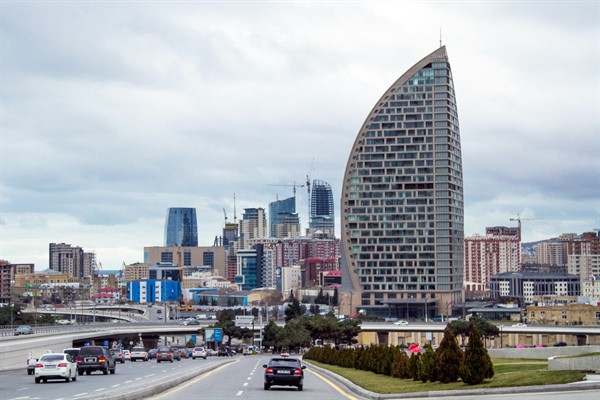The recent bombshell report from The New York Times—which obtained more than two decades’ worth of President Donald Trump’s tax returns, including from the first two years of his presidency—offered a number of remarkable details, from how little Trump has paid in income taxes to the staggering $421 million in debt that he has personally guaranteed. Yet perhaps the most concerning revelations from the Times’ report centered on a topic long central to Trump’s rise, and to his presidency: foreign money.
The tax returns didn’t reveal any new information about potential financing from Russia, a question that has long stalked Trump given the web of close ties between his advisers and prominent Russians, including Kremlin officials. However, the reporting did offer a raft of new details about the foreign business links Trump has maintained during his presidency. According to the Times, Trump’s revenue from abroad totaled $73 million during his first two years in the White House. While much of that money stemmed from his golf courses in Ireland and Scotland, millions more came from deals that are far more concerning, in countries with illiberal or authoritarian-leaning governments. In an alarming break from precedent, Trump has opted to maintain ownership of his business while serving as the nation’s chief executive, creating massive potential for conflicts of interest.
As president, Trump has received a combined $1 million in income in 2017 and 2018 from Turkey, where his family has a host of business dealings, including a pair of Trump-branded towers in Istanbul that were completed in 2012. President Recep Tayyip Erdogan, then serving as prime minister, attended the opening ceremony. As the Times noted, Trump has earned some $13 million from the licensing deal for Trump Towers Istanbul, thanks in part to the work of Mehmet Ali Yalcindag, a Turkish businessman who helped negotiate it. Alcindag now chairs the Turkey-U.S. Business Council, lobbying the Trump administration directly on behalf of Ankara.

